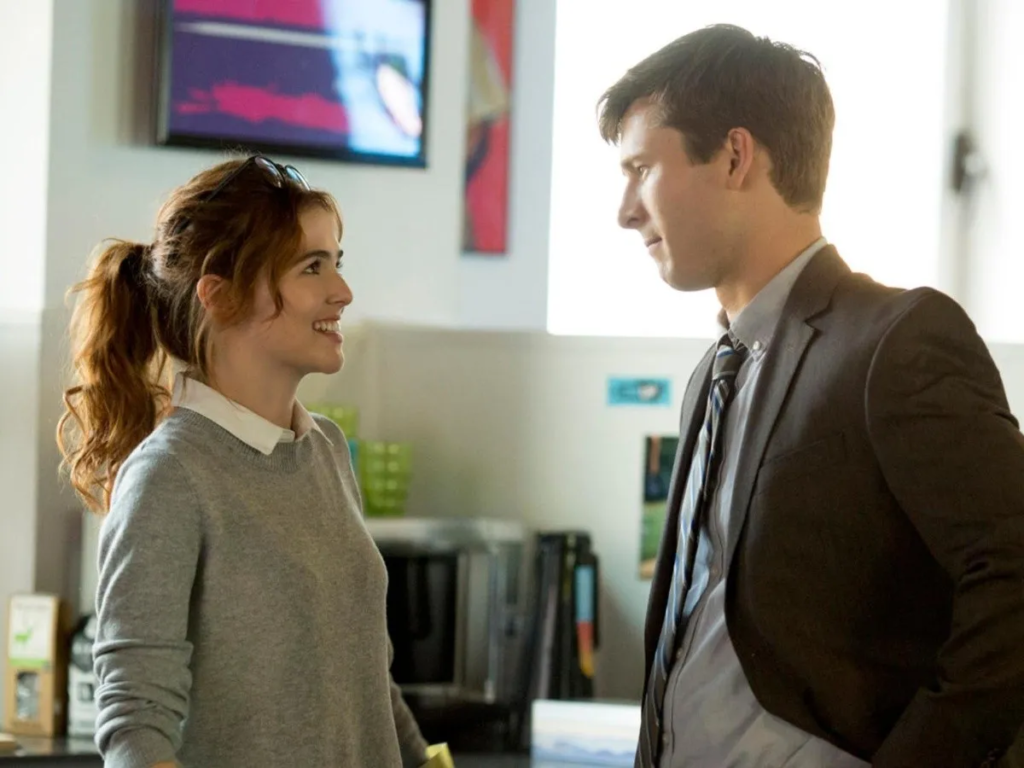Picture this scene: it’s a gloomy weekday evening, you’re exhausted from work, and you crave something to lift your spirits. Many people (perhaps more than would openly admit it) would choose a romantic comedy.
Over the years, romantic comedies have often been labeled as “chick flicks,” sidelined at award ceremonies (where dramatic films tend to shine), and frequently criticized. However, critics aren’t the only ones buying movie tickets or streaming content.
In a 2013 New York Times article, romantic comedies were found to be one of the genres most likely to divide audiences and critical opinions. Like many things classified as “for women,” these films are often referred to as “guilty pleasures.”
Researchers like Claire Mortimer, who writes about comedy and women, argue that this is not solely due to the genre’s status as “women’s films” but also because romantic comedies are genre films. These movies are often considered repetitive, built on a series of tropes that repeat themselves, leading us to expect certain styles, stories, and characters.
Not all romantic comedies are the same, but there is a dominant form we consider definitive, known as the “neotraditional romantic comedy.”
Tamar McDonald, a film professor, argues that this is the primary form of the genre today, one that “has no use for realism.”
1. Romantic comedies often feature a lack of communication, leading to humorous misunderstandings. These scenarios can offer insights into the importance of effective communication in real-life relationships.
2. The conflicts in romantic comedies, such as those between parents and children or characters choosing between personal development and sacrifice, mirror real-life dilemmas. These resolutions can inspire viewers to tackle their own challenges.
3. Recent romantic comedies are diversifying in terms of characters and relationships, reflecting a broader range of identities and backgrounds. This inclusivity promotes empathy and understanding.
4. As love and identity are central themes in romantic comedies, they provide a comforting space to contemplate these timeless topics, especially during times of evolving definitions of self.
In essence, romantic comedies offer escapism while emphasizing the power of love and laughter. Their realism may vary, with recent examples in film and television providing more cultural critique. These films are evolving in terms of character diversity and themes, making them a relevant and comforting platform to explore love and identity in a changing world.
As the genre expands to tell a variety of stories, from LGBTQ+ romances to non-white protagonists, it continues to serve as a valuable lens through which to examine timeless themes of love and self-discovery.







